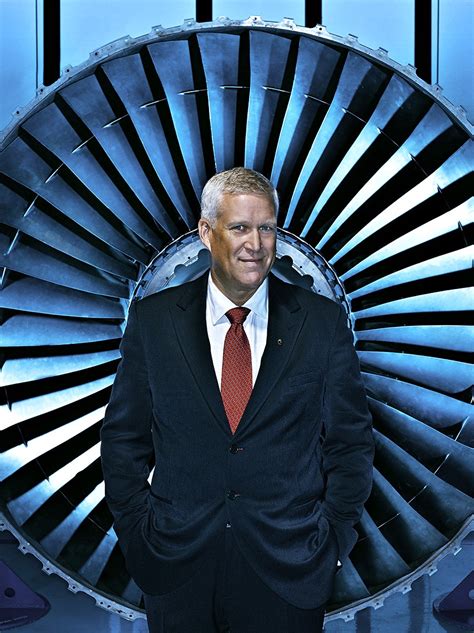A Quote by Dinesh Paliwal
Reverse innovation is an innovation that is first adopted in developing markets and flows uphill to mature markets. This concept directs forward-looking companies to look beyond industrialized nations to draw new ideas, products, and processes from emerging economies.
Related Quotes
Creativity is the generation and initial development of new, useful ideas. Innovation is the successful implementation of those ideas in an organization. Thus, no innovation is possible without the creative processes that mark the front end of the process: identifying important problems and opportunities, gathering relevant information, generating new ideas, and exploring the validity of those ideas.
It's the unlikely juxtaposition of creativity and logic which causes the wooliness and confusion around the term 'innovation'. Everybody wants to be innovative; many companies and ideas are proclaimed to be innovative and no one doubts that innovation is a money spinner. And, thus, we are all looking for the magic formula. Well, here you go: Creativity + Iterative Development = Innovation.
Financial innovation can be highly dangerous, though almost no one will tell you this. New financial products are typically created for sunny days and are almost never stress-tested for stormy weather. Securitization is an area that almost perfectly fits this description; markets for securitized assets such as subprime mortgages completely collapsed in 2008 and have not fully recovered. Ironically, the government is eager to restore the securitization markets back to their pre-collapse stature.
Implementing any major changes to the way companies operate requires time and determination and the shift to globally integrated innovation is no exception - it calls for new capabilities to be built, changes in the structure of the innovation organization, new systems, processes and mindsets. The scope and scale of this task shouldn't prevent executives from starting down the path of change as the systemic nature of innovation activities means that every single element of change that's brought about will make a difference.
America is the greatest engine of innovation that has ever existed, and it can't be duplicated anytime soon, because it is the product of a multitude of factors: extreme freedom of thought, an emphasis on independent thinking, a steady immigration of new minds, a risk-taking culture with no stigma attached to trying and failing, a noncorrupt bureaucracy, and financial markets and a venture capital system that are unrivaled at taking new ideas and turning them into global products.



































